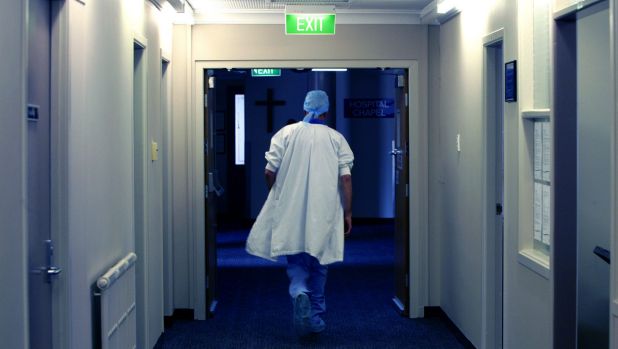Originally published by New Zealand Herald, March 2017
by Dr Ron Jones
Most individuals have strongly held views either for or against the proposed euthanasia legislation. My own views are those of a retired, perhaps somewhat cynical, doctor who has spent most of his professional life caring for women with gynaecological cancer.
During this time I was never asked to deliberately end the life of one of them; my wife died of cancer in her mid-40s.
A Herald editorial pointed out Parliament’s health committee has “an unenviable task”, observing, “the weight of public opinion appears to support a right to die with deliberate medical assistance though the weight of medical opinion remains decidedly against it”.
While I, and many other doctors, may have sympathies with both sides of this debate, doctors are not God, and the majority, for moral, ethical, legal and professional reasons, do not wish to become involved in killing their patients.
This emotive subject is coloured by semantics and euphemisms. The Oxford Dictionary defines medicine as “the science or practice of the prevention and treatment of disease”. This definition does not include euthanasia.
“Medically assisted dying” is a classic euphemism for euthanasia. David Seymour’s proposed End-of-Life Choice bill included the words “medically” or “medical” 178 times. The word provides an aura of caring, respectability, trust and legitimacy.
Since there are currently no medical indications for ending a person’s life, the use of the word “medical” by legislators dishonestly transfers undue responsibility for the act of euthanasia to the medical profession.
Termination of life is an anathema to most doctors and I doubt if many will wish to participate.
Palliative care physicians, arguably the most trusted and empathetic members of our profession, will not have a bar of it. This may lead to a small coterie of doctors who wish to be involved – “Doctor Deaths” – a phrase that will not be welcomed by the profession or most of the public.
Legislative hypocrisy is an inevitable sequel to the increasing liberalisation of societal mores. While I am not opposed to the termination of pregnancy I take strong exception to the hypocrisy of the day-to-day application of that legislation, in which almost all terminations are cited to have “medical” indications when they are in fact unwanted pregnancies.
For goodness sake be honest.
It is inevitable the proposed end-of-life legislation will be beset with similar hypocrisy.
If the draft legislation is to proceed I would recommend the complete removal of the word “medical”, replacing it with “an approved person” (to be defined). This allows the legislation to proceed independently of the medical profession.
Doctors are not a necessary step in the process, though they are a very convenient tool for legislators to abrogate their responsibility and pass it to a caring profession.
Should the MPs who pass the legislation be responsible for “pushing the needle”?
I suggest that the process could be: An individual either has already made an end-of-life declaration or applies to be euthanised. The individual then sees appropriately trained “death counsellors”, euphemistically called “end-of-life” counsellors. (Twelve persons in a jury ultimately determine the outcome of life and death events, not judges or lawyers.)
If the death counsellors confirm that the person can be euthanised an appropriately trained individual is then responsible for the process. None of these steps requires a medical degree.
After all, intravenous drug users and phlebotomists have no difficulty finding veins, and, in medicine today, many people do complex tasks previously done only by doctors.
It is possible some doctors may need to act in an advisory role, for example, for psychiatric evaluation, but they should remain one step removed from the death process. Some doctors may wish to participate, but the majority would prefer to be freed to do what they are trained to do ” care for living patients.
Enactment of the proposed legislation would be the thin end of the wedge. Inevitably there would be increasing caseloads, a softening of the grounds for termination of life and ultimately the potential for “tired-of-life” euthanasia for us older folk.
Traditionally executioners were paid for their services. However, in my view, no person should be paid for participating in the termination of another’s life.

